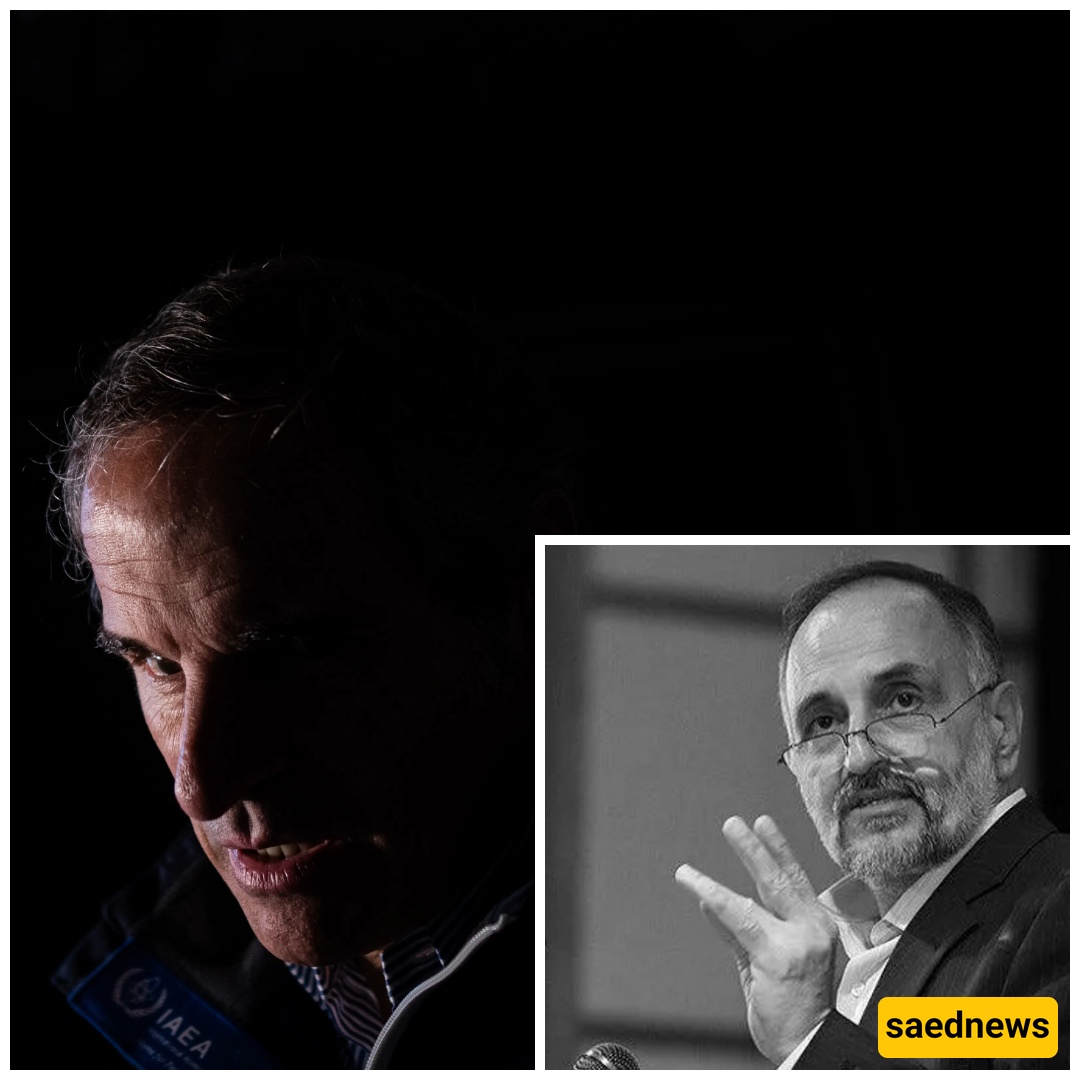SAEDNEWS: As tensions mount over Iran’s nuclear program, former lawmaker Akbar Alami accuses the International Atomic Energy Agency of acting as a proxy for Western intelligence and calls for tightly restricted, conditional cooperation—warning that unchecked access enables “espionage under a technical label.”

According to Saed News, Akbar Alami, a former Iranian parliamentarian and member of the National Security and Foreign Policy Commission, has sharply criticized the International Atomic Energy Agency (IAEA) for what he described as “one-sided” and politically motivated behavior. In a recent interview, Alami argued that recent Israeli attacks on Iranian nuclear facilities, coupled with the IAEA’s demand for immediate inspections, suggest a “covert espionage campaign cloaked in technical oversight.”
“The agency has proven itself not a neutral body but a pressure tool aligned with Israel and the United States,” Alami asserted. “Continuing this unilateral cooperation is not only fruitless but doubly dangerous.”

While stopping short of advocating full withdrawal from the Non-Proliferation Treaty (NPT), Alami emphasized the need for “conditional, limited, and intelligent” engagement. Citing Iran’s legal framework, he noted that the Additional Protocol has never been ratified by parliament and that any inspections beyond standard safeguards are both illegal under domestic law and strategically harmful.
Referring to Iran’s 2020 “Strategic Action Plan to Lift Sanctions,” Alami insisted that further cooperation with the IAEA should cease unless tied to reciprocal concessions and parliamentary approval. He also floated a potential threat to exit the NPT should Iran’s sovereignty and security continue to be undermined.
“Israel remains outside the NPT yet enjoys full Western support,” Alami concluded. “Our participation must serve national dignity and deterrence—not merely symbolic compliance.” His remarks signal growing internal pressure to recalibrate Iran’s nuclear diplomacy in light of shifting regional power dynamics and perceived Western duplicity.

